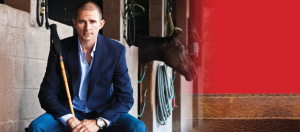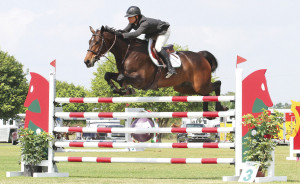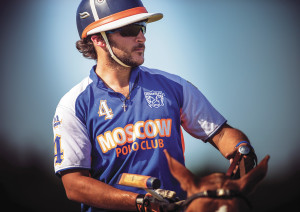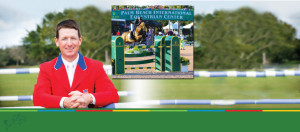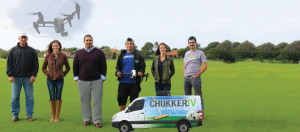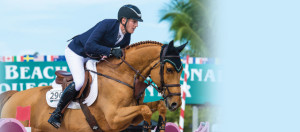13 Things You Might Not Know About Polo
The “sport of kings” remains a pastime with deep traditions. To celebrate the passion for polo as we welcome the International Polo Club Palm Beach’s “Lucky Season 13,” let’s explore the mystique and lesser-known facts that make this sport so special.
- Giddy up girl power! Did you know that most polo ponies are female (mares)? Unlike most equestrian sports, polo is dominated by mares.
- The average age of a seasoned polo pony is from 6 to 13. At age 14 or 15, the good mares are retired and sent to be broodmares.
- The name polo is said to have been derived from the Tibetan word “pulu,” meaning ball.
- Polo originated in southern or central Asia, most likely in Persia, the area now known as Iran. Its invention is dated variously from the sixth century to the first century.
- Argentina is credited globally as the top polo nation, mainly because Argentina is notably the country with the largest number of 10-goal handicap players in the world.
- Polo is a game of numbers. The playing field is 300 yards long by 160 yards wide, the approximate area of nine American football fields. Fully galloping horses travel at top speeds of 35 to 40 miles per hour, and a ball at full velocity reaches approximately 110 mph.
- Having a ball! The modern outdoor polo ball is made of a high-impact plastic, but was previously made of either bamboo or willow root. It is approximately 3.25 inches in diameter and weighs about 4 ounces.
- The term mallet is used exclusively in U.S. English; polo stick is the preferred term in British English, as the stick technically differs from a mallet in shape and usage. The ball is struck with the broad sides of the mallet head rather than its round and flat tips.
- Yerba mate, the traditional green tea-like beverage of Argentina, has always had strong connections with the polo lifestyle through its gaucho origins and tradition of sharing. Mate is the national drink of Argentina and is still consumed by top professional players, such as Nacho Figueras and Adolfo Cambiaso. Drink up and pass the gourd!
- Fancy footwork! Footwear is just as important to the horses as is it to the spectators. For horses, light shoes are a “polo shoe” with a rim on it to provide good traction so the horses can still maneuver easily. For games on heavier turf, rear shoes can be fitted with studs. Those would be grass studs, not Valentino Rockstuds.
- Polo is a fast and risky game. The rules enforce safety for the human players and the equine players. Riders incur penalties for dangerous actions such as bumping another horse at a direct angle or moving a mallet too close to a horse’s front legs.
- Right on! Polo is a right-handed sport. Left-handed people are not banned from the game. However, they must play right-handed. The banning of left-handed playing in a game of polo is for safety reasons in order to avoid the likelihood of a head-on collision between players.
- Bald is beautiful! Polo horses are primped and preened, and don’t have a hair out of place. Before every match, their manes are shaved off (roaching) to avoid getting tangled in the reins or mallet. As with any girl growing out her hair, it will take about a year or more to return to a natural length.

